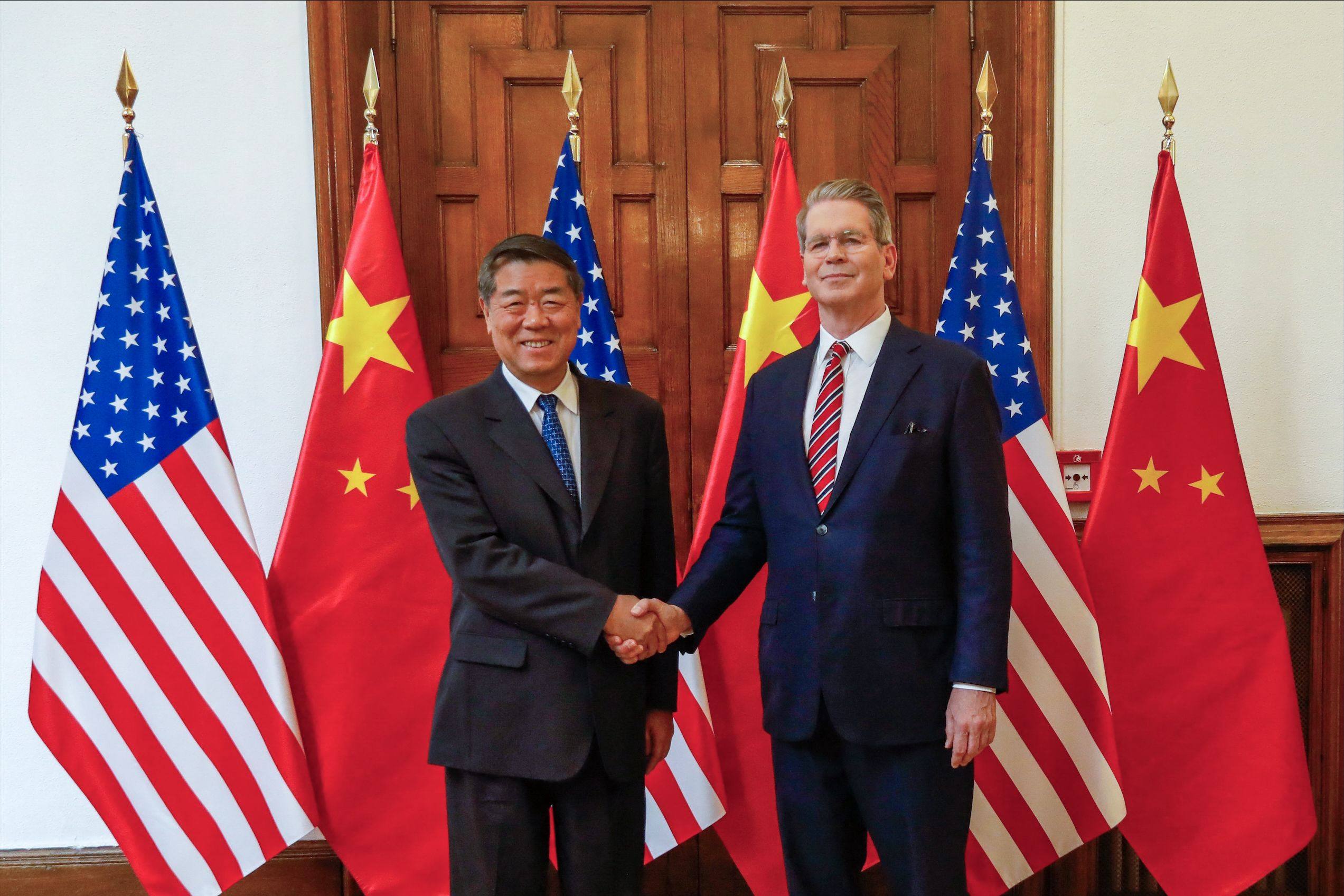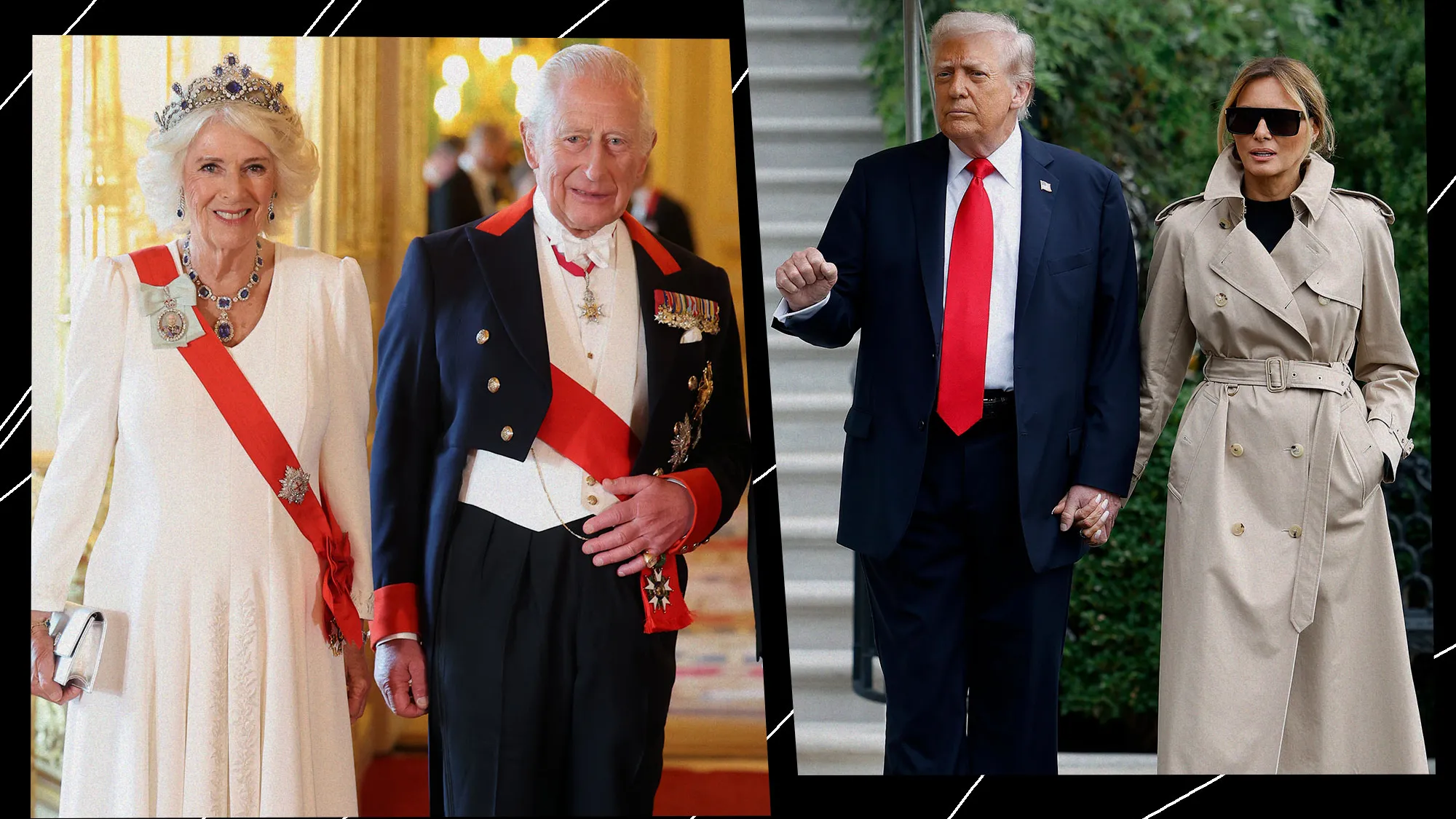By Finbarr Bermingham
Copyright scmp

Spanish Foreign Minister José Manuel Albares beamed on Sunday as he welcomed top negotiators from the United States and China to Madrid, the fourth European venue chosen to host the talks aimed at calming their trade and technology wars.
“Spanish foreign policy works for dialogue and agreement. Honoured by the trust of both in choosing Madrid,” Albares wrote on social media, in a post accompanied by separate smiling pictures with Chinese Vice-Premier He Lifeng and US Treasury Secretary Scott Bessent.
But away from the Palacio de Santa Cruz and the latest round of talks – during which the rivals thrashed out the future of Chinese-owned social media app TikTok – there is growing anxiety about what it says about Europe’s place in a fast-changing world.
The continent is reeling from a summer in which it was bullied by the US and its demands were ignored by China.
For some, the words of the EU’s former top diplomat, Josep Borrell – who frequently warned that Europe had “the option of becoming a player, a true geostrategic actor, or being mostly the playground” – are becoming all too real.
“It’s striking that Washington and Beijing are ironing out their trade disputes on European soil, while Europe itself is largely sidelined,” Sander Tordoir, chief economist at the Centre for European Reform, said.
“The two superpowers are playing on Europe’s pitch – but Europe isn’t even in the game in some ways.”
While the Europeans were not at the table in Madrid – nor in Stockholm, London or Geneva for the previous rounds – there is a sense that they are most definitely on the menu.
Throughout 2025, the bloc has found itself caught in the crossfire, flanked by hostile powers who are firing at will while the EU fumbles for its pistol.
After a washout EU-China summit in Beijing in July, Brussels had yet to fix a date for follow-up talks initially earmarked for September, sources said. These were aimed at speeding up the granting of licences for the export of critical minerals to Europe.
The licensing requirement was introduced by Beijing to punish the US but ended up pummelling European firms too, showing that while Europe is not a direct party in the US-China trade war, it is often one of its victims.
Meanwhile on Friday, the European Commission warned US tariffs had sparked “a sharp increase” in recent months of Chinese exports to the EU of plug-in hybrid electric vehicles, heightening fears of trade diversion and deepening the sense that Europe is being swept along by the rivalry.
On the US side, a lopsided trade deal forced the EU to accept a 15 per cent tariff on its exports, even as Washington refused to lower duties in return.
The agreement also obliges Europe to invest hundreds of billions of dollars in the US economy at a time when American political leaders are supporting far-right parties across the continent.
According to China specialist Sari Arho Havren, an associate fellow at the British think tank the Royal United Services Institute, the US-China talks “symbolise the marginalisation of Europe’s position in this emerging global order”.
“Without the raw power attributes in defence, the European market has lost its influence because geopolitics is run by different visions now. And this is really stark symbolism of how unimportant Europe has become and how marginalised we suddenly are because we lack these defence and foreign policy attributes,” she said.
Analysts said that China’s perception of Europe had only deepened the sense of exclusion, pointing to international trade envoy Li Chenggang’s press conference in Madrid on Monday.
During their third round of European talks, the US and Chinese negotiators paved the way for more Chinese investment in the US and smoothed out a long-running trade dispute, Li told reporters.
The suggestion for Brussels was that Beijing and Washington are content to make concessions to each other, even if they refuse to countenance giving any ground to Europe.
Former US trade official Susan Thornton said in a recent Brookings Institution report that the EU was “continually frustrated that Beijing doesn’t take it seriously”.
“That is in large part because Chinese leaders see the EU as being in lockstep with and deferring to Washington on China policy, even in contravention of European interests,” she said.
To rub salt in the wound, the Madrid breakthrough occurred while Trump was insisting that EU and Nato leaders slap 100 per cent tariffs on Chinese goods and apply secondary sanctions to its companies if they continued to buy Russian oil and gas.
“That’s an extraordinary demand, considering the US itself is keeping its post-April ‘Liberation Day’ truce with China in place and rolling it over,” Tordoir, the economist, observed.
“The Trump administration clearly got scared about Chinese retaliation capacity, especially China choking off rare earth supplies on which US firms rely.”
The sense of European helplessness haunted last week’s annual state of the EU address by European Commission chief Ursula von der Leyen, during which she tried to rally the bloc for the challenges ahead.
“Europe is in a fight. A fight for a continent that is whole and at peace. For a free and independent Europe,” von der Leyen said in the European Parliament.
But few of the listening lawmakers appeared to be convinced outside her own centre-right European People’s Party.
“We are losing Europeans because the Europe that was supposed to protect them seems weak to them. Weak against Trump. Weak against Putin. Weak against China,” Valerie Hayer, the leader of the centrist Renew Group, warned von der Leyen.
“So, get in the game, Madam President.”



